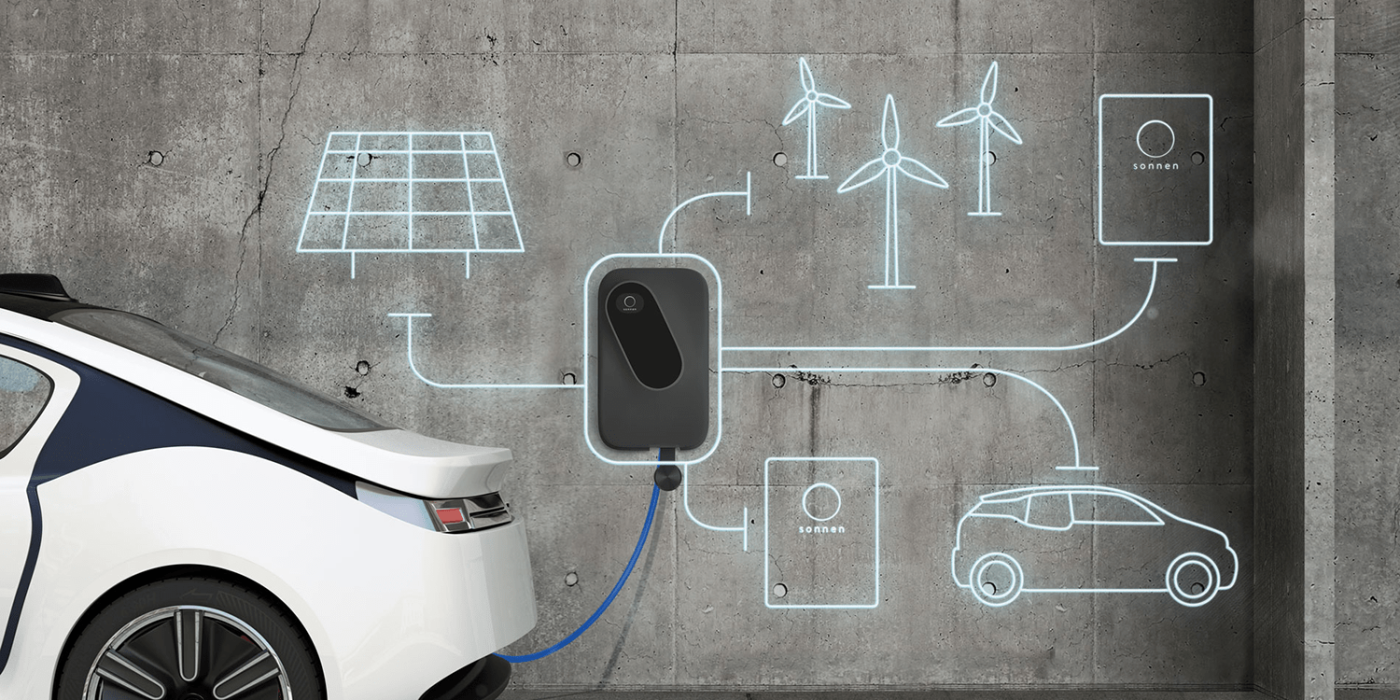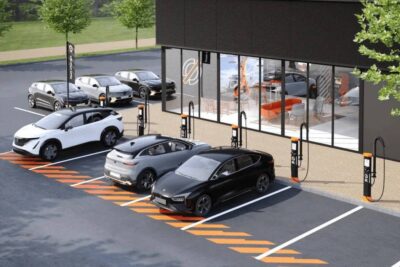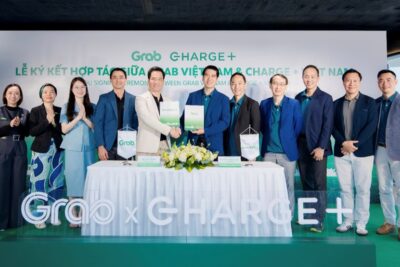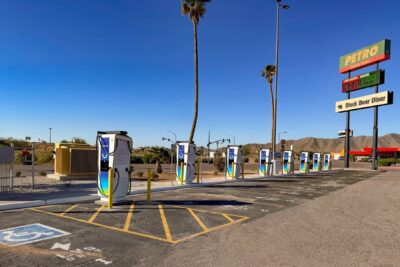Solar firm sonnen first to use EV batteries to balance grid for TenneT
The German solar firm sonnen is expanding its virtual power plant model to include electric cars. Networked households in the digital sonnen “community” who also own electric cars now make the storage capacity of the EV batteries available to the Dutch transmission grid operator TenneT.
The partnership with TenneT has existed since 2018, and sonnen was the first business qualified by the transmission grid operator to help stabilise its network and later enter the intraday trade. The energy is stored in the company’s sonnen batteries which have been connected to form a virtual power plant since 2019.
The new integration of electric car batteries into this VPP follows testing in winter last year and extends to EV batteries as another storage medium, and part of the grid, says sonnen. At the same time, the integration regards controlled charging only, e.g. less at peak times, so this is not (yet) a bidirectional system.
“The private passenger car thus can transform from a mere mode of transport to become an active and stabilising part of the energy system,” sonnen said, adding the commercial inclusion of EVs was a first in Germany.
The project with the operator stretches across 14,000 km of the high-voltage grid in Germany.
Tim Meyerjürgens, COO of TenneT, called the integration of e-cars into the power grid an “important milestone” regarding future challenges.” The more volatile, highly fluctuating wind and solar energy is fed into the power grid, the more elementary it is to create new storage options to increase flexibility and stabilise the overall system,” he said. “We are pleased to be working with sonnen to get this enormous potential for storage capacities off the ground.”
The first vehicles have already been integrated into the sonnenVPP in TenneT’s grid area to provide the so-called primary control power (FCR). This means that the EV batteries must respond within 30 seconds to compensate for load and frequency fluctuations in the electricity grid. Again, this is achieved solely via an intelligent charging process; there is no additional wear and tear on the vehicle batteries through discharging, says sonnen.
In the next step, sonnen wants to activate another 5,000 sonnenCommunity households with an electric car and a sonnenCharger for the virtual power plant. Together with the respective sonnenBatteries, this corresponds to a potential of around 80 megawatts.
Sonnen, reportedly owned by the British-Dutch oil corporation Sheel via its Shell New Energies subsidiary since 2019, has been in the business of making solar energy available to households in the wider digital community since 2015. It started in 2010 as Prosol and later SonnenBatterie – said sun-battery built the core of the business model, enabling owners of PV installations to store and share excess energy. Since 2016, owners and members of the sonnen community without PV at home can share energy and the batteries, which were aggregated into a virtual power plant (VPP) in 2019. Part of the community’s profits is shared by the members.
reuters.com, sonnen.de (in German)





0 Comments